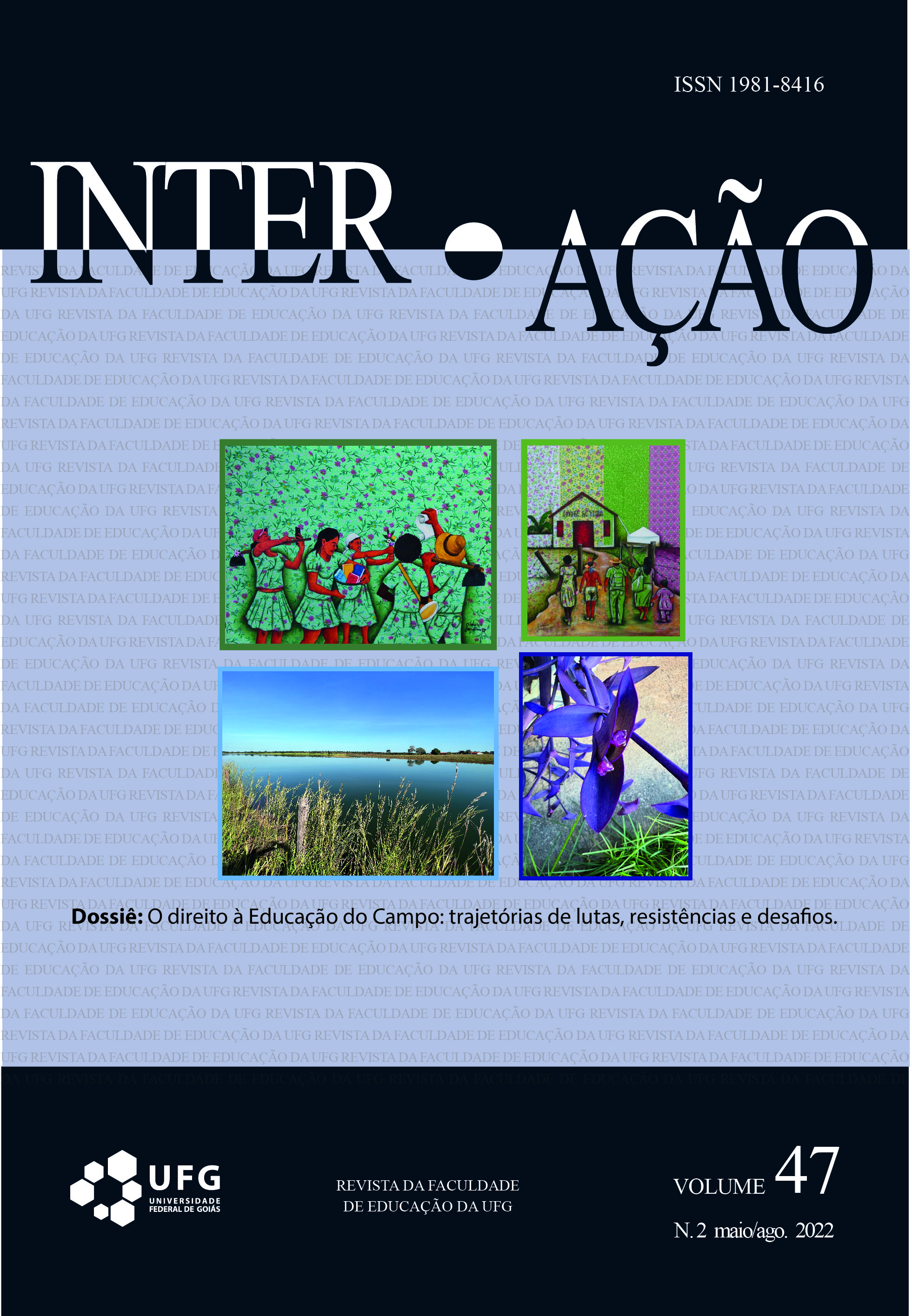DEGREE IN EDUCATION FOR RURAL AREAS AT FAFIDAM/UECE: SEEDING RESISTANCE IN TEACHER EDUCATION
DOI:
https://doi.org/10.5216/ia.v47i2.72164Abstract
The present paper aims at analyzing the training of field teachers in the context of the Degree Course in Rural Education (LEDOC) at the Dom Aureliano Matos Faculty of Philosophy (FAFIDAM), campus of the Ceará State University. It is a qualitative study and based on doctoral research which examines historical-dialectical materialism within a bibliographic and documentary investigation. It was possible to observe that the LEDOC/FAFIDAM contributed to the confrontation of the educational problems experienced by the peasant populations strengthening the political pedagogical project of the Rural Schools in several regions of the State of Ceará.
KEYWORDS: Rural Education. Degree in Rural Education (LEDOC). Teacher Training. Educational Politics.
Downloads
Published
How to Cite
Issue
Section
License
Copyright (c) 2022 Sandra Maria Gadelha de Carvalho, Diana Nara da Silva Oliveira, Luís Távora Furtado Ribeiro

This work is licensed under a Creative Commons Attribution-NonCommercial 4.0 International License.
Inter-Ação uses the Creative Commons Attribution 4.0 License for Open Access Journals (Open Archives Initiative - OAI) as the basis for the transfer of rights. Open access means making documents available on the Internet free of charge, so that users can read, download, copy, distribute, print, search, or link to the full text of documents, process them for indexing, use them as input data for software programs, or use them for any other lawful purpose, without financial, legal, or technical barriers.
Authors publishing in this journal agree to the following conditions:
1) Authors retain copyright and grant the journal the right of first publication, with the work simultaneously licensed under the Creative Commons Attribution License, which permits redistribution of the work with attribution and first publication in this journal.
2) Authors are permitted to enter into additional, separate agreements for non-exclusive distribution of the version of the work published in this journal (e.g., for publication in an institutional repository or as a book chapter), with attribution and first publication in this journal.
3) Authors are permitted and encouraged to publish and distribute their work online (e.g. in institutional repositories or on their home page) at any time before or during the editorial process, as this may generate productive changes as well as increase the impact and citation of the published work.















